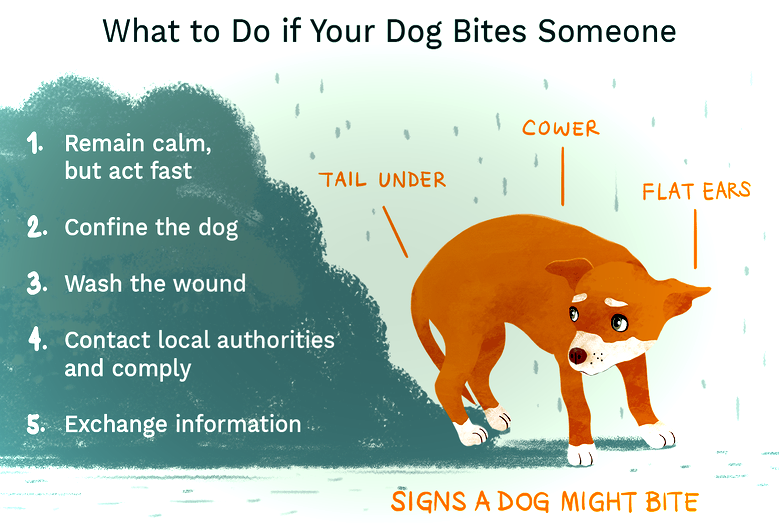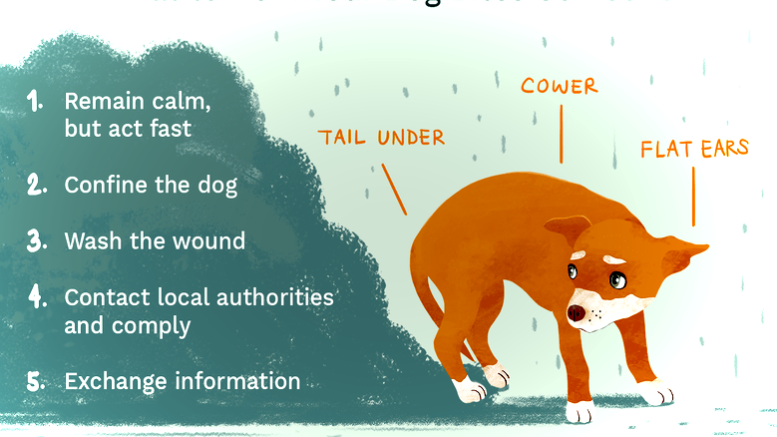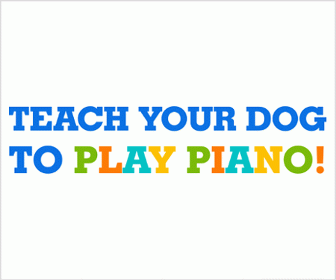Table of Contents
How to stop dog or puppy bites?
If your dog bites someone, you will likely be worried and upset. Will there be legal consequences? Could your dog be put to sleep or taken away by you? After a dog bite, your first reaction may be shock or panic. However, it is important to act quickly when a dog bite occurs.
Dog bites can also be prevented, especially if you know why they may bite. All children and adults should learn how to protect themselves around dogs. Above all, dog owners must be responsible for their dogs. Fortunately, responsible dog ownership and public education can bring everyone to safety.
Before we get into it i just wanted to share some other relevant resources that you may find helpful…….
- Dog Obedience Training – Tips for Dog Training
- Brain Training For Dogs Review (Recommended Training Program)
- Dog Feeding Toys – 5 Best Treat Dispensing KONG to Puzzle Toys
- When do Puppies Open their Eyes – Puppy Development



We Need to Ask Why do dogs bite before we can address it
Dogs bite people most often when they feel threatened. It is a natural instinct that is still present in domesticated dogs, no matter how beautiful they are. Therefore, it is important that everyone who interacts with dogs understands what can provoke this aggressive behavior.
- Dogs can bite to defend themselves, their territory, or a member of their pack. Mother dogs also protect their puppies.
- Scaring a dog, such as waking a dog or suddenly approaching a child from behind, can provoke a dog bite.
- Running away from a dog can make him bite, even when he’s playing. You may think it’s part of the fun at first, but even that can quickly lead to aggression.
- Dogs in a fearful situation can bite whoever approaches them. This can be as serious as being abused or abandoned, or it can be something you find normal, such as a loud noise.
- Injuries and illnesses are also a common reason. If a dog is not comfortable, it may not even want to be approached or touched by its favorite people.
How to stop dog bites
As a dog owner, you must take responsibility for training your dog and keeping it under control at all times. You are responsible for your dog’s behavior and the first line of defense in preventing dog bites. It is important to do everything possible to prevent your dog from biting. The following tips can help:
- Provide your dog or puppy with at least basic training. Continue an exercise program throughout your dog’s life to consolidate the lessons you’ve taught him.
- Socialize your dog. Allow your dog to meet and interact with different types of people, including children, the disabled and the elderly, in calm and positive circumstances. Expose your dog to various situations regularly, e.g. B. other animals, loud noises, large machines, bicycles and everything else that could cause fear. Start at the youngest age and keep the positive experiences.
- Learn your dog’s body language as well as important signs that can lead to a bite. If you are around people, watch your dog and know when aggression builds up. Quit it or remove your dog from the situation before it escalates.
- Refrain from disciplining your dog with physical, violent or aggressive punishments. Decide on a positive reinforcement before using Aversive. Don’t forget to reward your dog for good behavior.
- Always keep your dog on a leash or in a fenced area. Know your dog well before you leave it on a leash in approved areas. Always keep an eye on your dog.
- If you suspect or know that your dog has anxious or aggressive tendencies, always warn others. Do not let your dog approach people or other animals unless the situation is strictly controlled. If necessary, use a muzzle.
- Keep your dog’s vaccinations up to date (especially rabies) and see your veterinarian regularly to do a wellness check.
How to interact with dogs
Dogs are cute and often friendly, so you get excited when you see them. However, you can quickly turn on someone they don’t know. Even if you do not have a dog yourself, it is important to know the correct behavior for dealing with dogs and to know how and when you approach a dog. Teach these things to children too, so everyone knows what to do to prevent dog bites.
- Never try to approach or touch an unknown dog without first obtaining the owner’s permission. If an owner is not present, do not go near the dog.
- If you meet an unknown dog, let the dog come to you. Squat or turn to the side. Let it smell on your hand before you stroke it.
- Do not put your face near an unknown dog. This includes ‘hugs and kisses’.
- Understand the dog’s body language. Most dogs show specific warning signs before biting.
- If you are cornered by a dog, stay calm and avoid eye contact. Never run or scream. When the dog stops paying attention to you, go back slowly.
- If you are knocked over by a dog, fall to the side in a fetal position and cover your head and face. Stay very calm and calm.
- Never approach a dog that eats, sleeps, or cares for puppies. Dogs in these situations are more protective and can scare.
- Never leave small children or babies alone with a dog.
- Do not approach, touch, or try to move an injured dog. Instead, contact a veterinarian or animal control.
Some relevant dog training resources that you may find helpful…….
- Dog Obedience Training – Tips for Dog Training
- Brain Training For Dogs Review (Recommended Training Program)
- Dog Feeding Toys – 5 Best Treat Dispensing KONG to Puzzle Toys
- When do Puppies Open their Eyes – Puppy Development
When a dog bite occurs
Do not hesitate if your dog bites someone, do the following:
- Stay calm.
- Limit your dog to a box or other room.
- Help the victim wash the wound thoroughly with warm, soapy water.
- Be polite and compassionate towards the victim of the bite. Avoid blaming or becoming defensive. This does not mean that you have to admit mistakes. Remember that what you say can be used against you later if legal or civil action is taken.
- Consult a doctor for the victim of the bite. Depending on the strength of the bite, an ambulance may be required. No matter how small the bite, the victim should seek medical help. Dog bites that look mild on the surface can get serious very quickly.
- Offer to contact a friend or family member for the victim.
- Exchange contact information with the victim. If necessary, enter your insurance details.
- If there were witnesses, request their contact information.
- Contact your veterinarian for your dog’s medical records.
- Inform the local authorities about the incident and follow their instructions.
Dog bites and the law
Dog biting laws can vary widely depending on local jurisdiction. It is important that you understand the laws in your area so that you know what to expect. The following conditions usually apply in dog bite cases:
- You must provide proof of your dog’s rabies vaccination.
- Quarantine time may be required. The period will likely be longer if the rabies vaccination is out of date.
- Depending on the situation and the history of your dog, your dog can be classified as a ‘dangerous dog’. You may have to comply with certain laws regarding how to handle your dog.
- According to the laws, your dog may need to be put to sleep if it is classified as ‘dangerous’, if the injury was very serious, or if a death has occurred. You could also be held legally responsible and prosecuted.
Your role after a dog bite
The victim of a dog bite can choose to file a complaint or file a civil lawsuit against you. In any case, you should immediately hire a lawyer.
Although you may be legally required to cover the victim’s medical expenses, it is a good idea to offer a prepayment. This shows the victim that you take responsibility for your dog. It can even help you avoid a messy lawsuit. Above all, it is the ethical thing to do, even if you have an explanation for the dog bite. In reality, it is difficult to prove that your dog has been provoked or is justified in any way unless it can be proven that the victim committed a crime. This simply cannot be an argument that is not worth having.
If you are lucky enough to keep your dog, it is your responsibility to prevent it from happening in the future. Take measures to prevent your dog from biting again. In most cases, a dog’s bite can be easily prevented by taking appropriate safety measures.
If you can determine what caused the bite, try to keep your dog from getting into the same situation. Work with your dog to customize the response to the trigger. It is imperative to work with your dog for training and socializing as soon as possible after the bite. It is best to contact a professional trainer and possibly a veterinary behavioral researcher.
Can Dogs or Puppy be helped?
Many dogs with aggression can be helped through training, socialization and behavior change. Unfortunately, in some cases of serious aggression that cannot be reversed, euthanasia is the most humane. This is of course the last resort.
Use These Tips to Keep Your Dog From Biting If you suspect your pet is sick, call your vet immediately. For health-related questions, always consult your veterinarian, as they have examined your pet, know the pet’s health history, and can make the best recommendations for your pet.
Some other relevant dog training resources that you may find helpful…….





Be the first to comment on "How to Stop a Puppy or Dog From Biting"